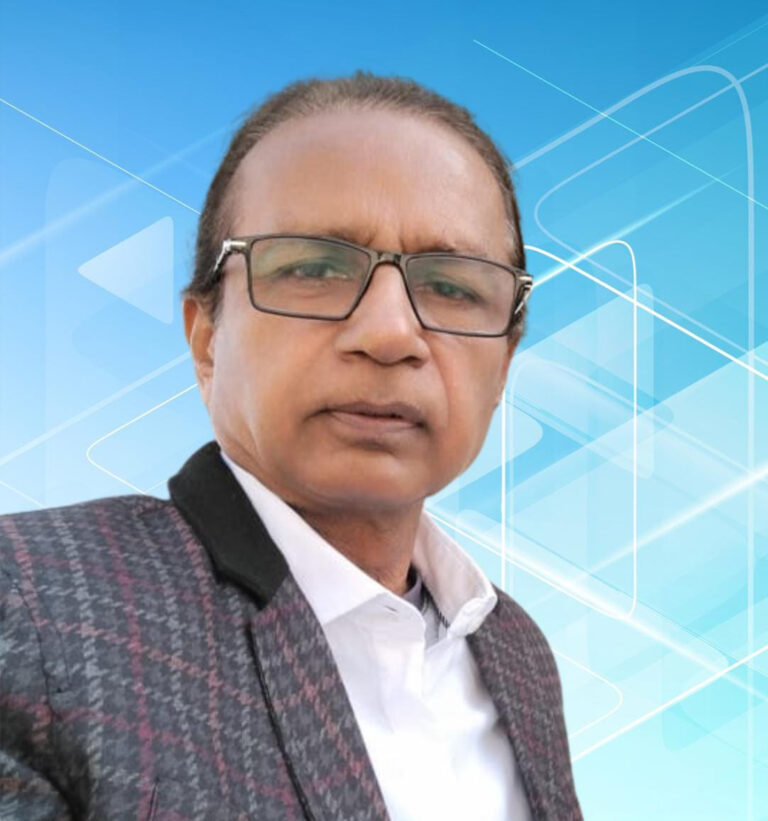Note: An edited version of the following article was published in the Friday Times on 20 January, 2023.
The continuing debate on a charter of economy was initiated by two of the largest political parties, PPPP (2011) and PMLN (2015).
But the civil society of Pakistan has taken the lead. A financial daily, Business Recorder, and an autonomous research organization funded by the government, PIDE, are contributing substantially and meaningfully to the debate.
The BR Research essentially focuses on the regulatory environment, and PIDE lays stress on the policy and sectoral sides of the economy.
A host of other economists and columnists, too, have done their bit or best. Some have charted it in detail what needs to be done in the longer and shorter terms, yet others what is to be done in the first place or gradually. Some write-ups have tried to show the futility or no-need of it since that will curtail the choices available to the political parties.
As far as the economy is concerned, it needs to be asked: what economy needs a charter? State’s economy? Or people’s economy?
As it is a charter for economy, the economists consider it their exclusive domain to indulge in. May I make a request: dear economists, the science of economics may be your domain, your exclusive domain, but not the economy.
The economy is what the people do to meet their needs in order to live their lives, their daily lives. So be kind and make not the informal economy part of the state economy. The economy which in the past you have termed as the black economy, underground economy, shadow economy, and now call informal economy (a good gesture on our part), It is the people’s economy, society’s economy; it is the real economy. It is civil economy. It is this economy on which your state economy survives and thrives!
Mind that the people of Pakistan already stand deprived of the state that they founded in 1947. There was no constitution reflecting the will of the people during the first quarter-century to run the country. The promulgation of a constitution in 1973 did not deter the Riyasati Ashrafiya (State Aristocracy) from continuing its siege of the state and it did not free the state and its resources for the benefit of the people; rather it tightened its grip.
That is what determines the nature of the politics and economy in Pakistan. Ignore it and you are caught up in the statist trap. Politics and economics for the state, a state that serves its captor, the Riyasati Ashrafiya. And not the people for whom it exists.
It is this fact that would decide the nature of this or that charter of economy proposed by anyone or for example the one a bunch of political parties eventually may agree to sign.
It is this context that endows a charter of economy with its meaning and purpose, and helps identify whether it’s a charter for the state or for the people.
Essentially a ‘charter of economy’ should act a compass giving a sense of direction to the economy. Most of what has been written in the name of a charter of economy talk of a charter for the state, ignoring the economy on the ground, the civil economy.
By a charter of economy for the people is meant: An economy that is open, and not closed like the present one. An economy wherein market rewards the entrepreneurs and not the government, and losers and winners are chosen by the people and not by the government. An economy wherein taxes are low and few and not levied and collected for a parasitic Riyasati Ashrafiya to live off, but to fund the protective function of the state in the first place. An economy wherein the state has a facilitatory regulatory role, and not a strangulatory one like the existing one. An economy wherein government interventions in the form of public projects and policies aim at and result in longer-term benefits for the majority of the people, and not for this or that minority section of the society. An economy wherein rights of the consumers, producers and traders are equally protected and any conflicts arising between their interests are resolved in accordance with the just laws and in the larger interest of the people.
And as our politicians are wont to say, all the politics and economics is “pursued” in the interest of the people, that should form the backbone of any political and economic decision-making. That’s a characteristic feature of a charter of economy for the people. That is, the larger interest of the people should serve as a yardstick for their politics as well economics. It is hoped that that may help resolve the contradictory and opportunistic politics of Pakistan’s political parties, and they may try to embrace a definite political philosophy and not go for “Nationalization for the People” today and “Privatization for the People” tomorrow, as the PPPP did.
Also, as the political parties out-of-the-government oppose anything a political party or a coalition of political parties in the government intend to do, for example, privatization, that yardstick may stop them from doing opposition for the sake of opposition. So, sticking with a political philosophy orthodoxically is not the issue with the political parties but having and sticking with no political philosophy is the issue, and that yardstick may help replace that politics for the sake of politics with politics in the service of larger interest of the people.
In conclusion, a charter of economy for the people should formulate certain guidelines for the political parties and the government to do politics and economics, instead of proposing specific measures that may hinder prospects for an innovative politics. In the same sense, it should give a pragmatic, futuristic, people-oriented sense of direction to the wayward economy and politics of Pakistan.

